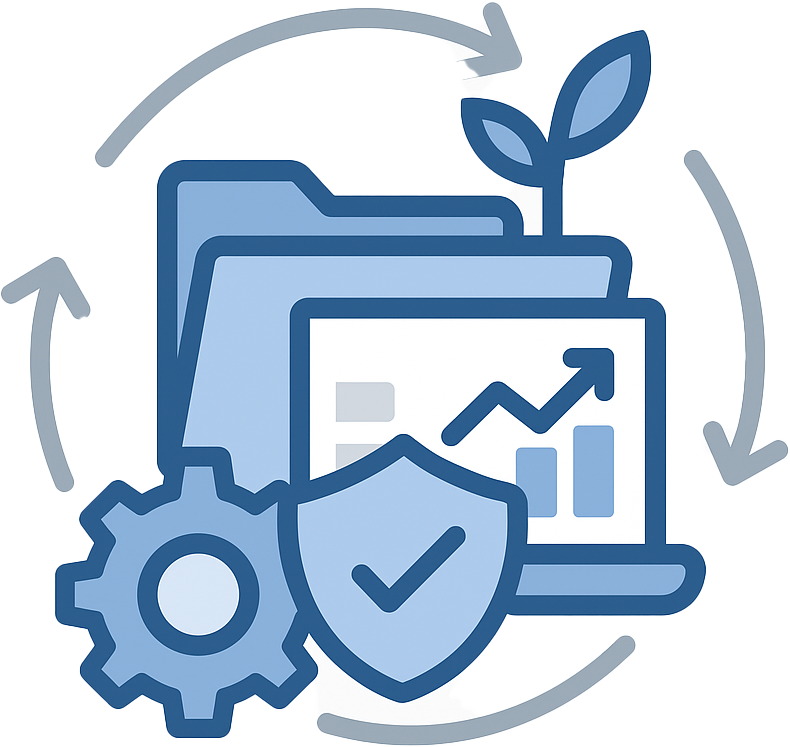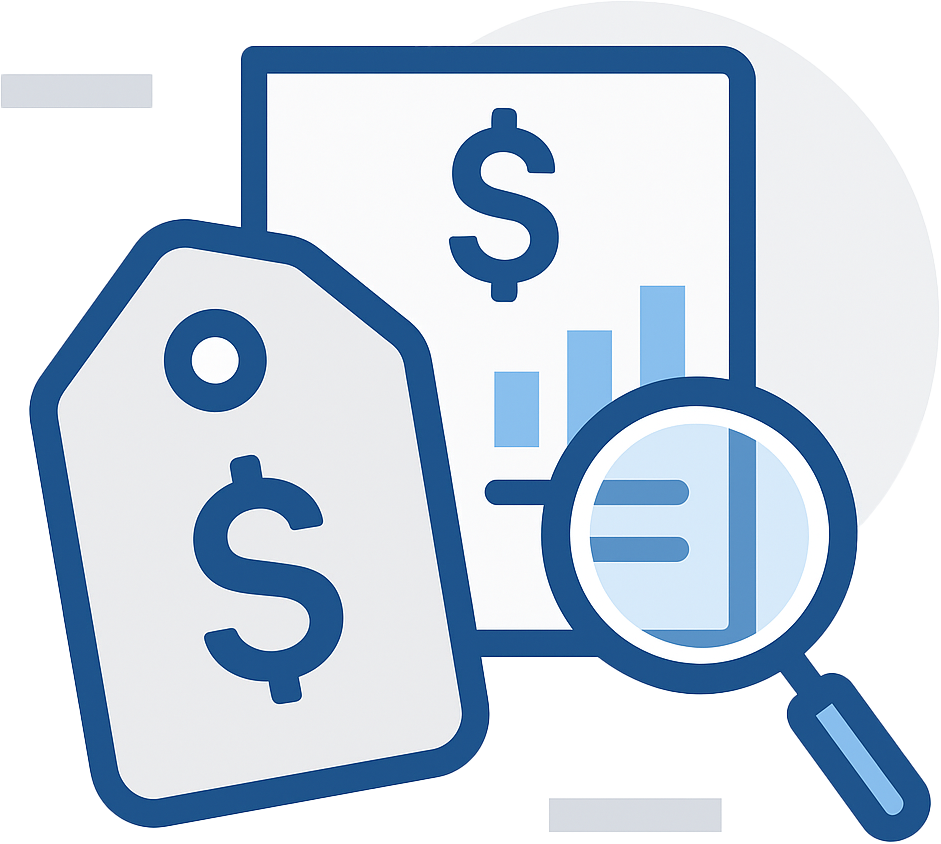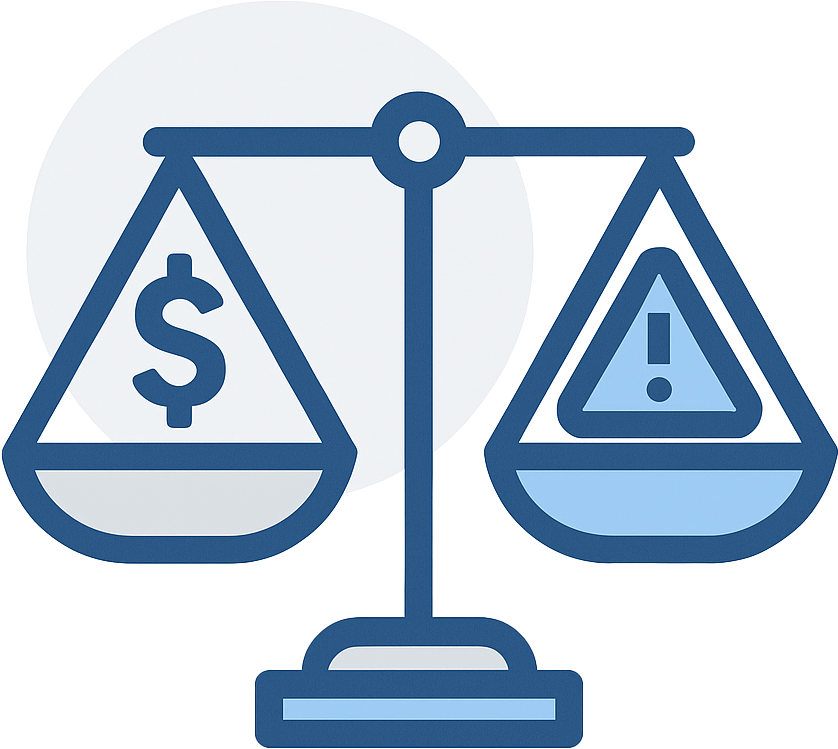Learn why sustainability certifications mean different things to different companies and products.
It seems you can't go anywhere today without hearing about sustainability, and that's great! But, what do they all mean? Who determines if a product is sustainable? What do the labels mean? Are the measurements equal for everyone?
Thankfully, we're living in a world where a lot of responsible businesses are becoming more sustainable, with more joining the ranks every day. And, it's something that we, as consumers, are demanding. We want sustainably grown coffee, sustainably harvested seafood, laptop computers made in a sustainable manner, and other products from companies that share the same values and morals that we as individuals do.
Clearly, sustainability has become big business, while hopefully making this a better planet for its inhabitants and the environment we live in.
But how do we know if a company, restaurant, or coffee producer means it when they say they operate or behave or produce their product in a sustainable manner? Are we supposed to take their word for it?
People want to know what sustainable certifications are and do they actually mean anything?
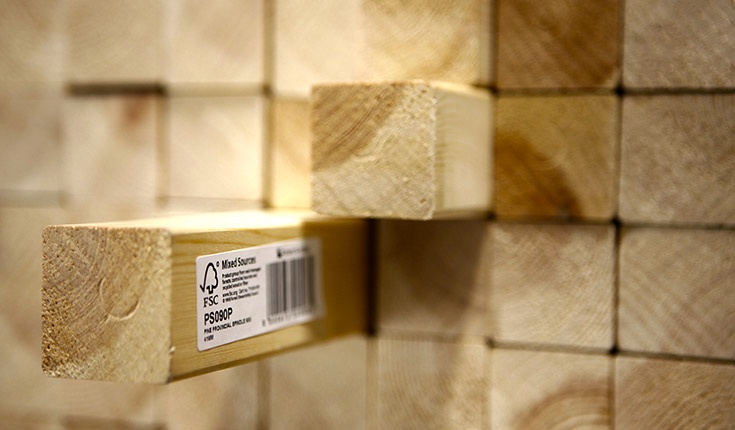
What is a sustainable certification?
To overly simplify it, a product which is manufactured, harvested, or sold by a company will have to meet certain accepted standards and criteria. These criteria, often robust and impartial, are the way this product is "judged", which usually indicate that the product is socially responsible, has minimal environmental impact, and is financially beneficial for all those involved (triple bottom line anyone?).
These standards and criteria are usually determined by an organization, sometimes an industry trade group, or international organization, in order to compare products across regions in an equal manner.
Remember when organic food started to become popular? What did that mean? Well, depending on the food, standards were produced to identify the practices that constitute organic production, farming, harvesting, etc., so that if you now see the word organic on a food product, you can pretty safely assume it's met some high standard, assuring it is indeed organic.
Take coffee for example. There's UTZ Certified products, 4C certifications, Rainforest Alliance certifications, Fair Trade certifications, and even internal certifications like the C.A.F.E. Practices Starbucks adheres to. While this is an extreme example of multiple organizations with various certifications, it demonstrates how a single product can be viewed as sustainable or green or environmentally friendly by various organizations in multiple ways.

Take another example, the dreaded logging industry!
We've all heard the stories about the lumber industry wantonly destroying the environment with irresponsible clear-cutting of forests. In response, Forest Stewardship Council (FSC) standards were developed to identify wood products made from lumber that had been sustainably harvested, in an environmentally sound, socially beneficial, and economically prosperous manner. These standards aren't easy however, and they weren't created by a back-room group of lumbermen as yet another slick marketing ploy. They are rigorous and comprehensive, and in order to get certified, a lumber producer has to obtain independent, third-party verification of conformance to those standards.
Walk through any store you can think of and I'd almost guarantee there's some sort of green, sustainable, or environmentally friendly product available. There are an awful lot of sustainability certifications out there today, covering a wide assortment of products, practices, and services. You name it, there's probably a sustainability certification for it.
And how about probably the best known of them all - Energy Star. Buy a new appliance lately? You probably bought one with an Energy Star logo on it, since you wanted that appliance to be energy efficient. Yes, that's a sustainability certification.
Here's another form of certification, which is becoming more popular today - Environmental Product Declarations (EPDs). While somewhat limited in their overall scope (they really don't deal with the social or financial aspects), they do certify the environmental impact of a product. As a food label does for the nutritional impact of the food you eat, EPDs describe the environmental impact of the products you buy or use. They've been slow to catch on here in the U.S., but all across Europe Environmental Product Declarations are routinely factored into purchasing products on a personal and corporate level. We're slowly seeing it here in the U.S., with a few of our clients routinely submitting EPDs when they bid on contracts.
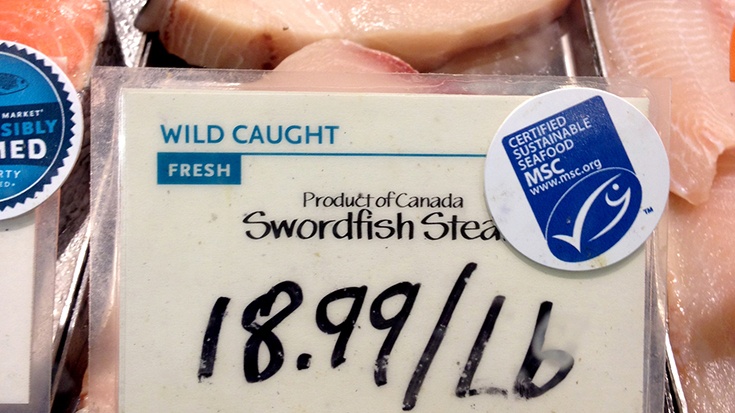
Tell me more about sustainability certifications and standards!
Here are some of the key tenets of a sustainability standard:
- Independent - Typically these standards (or ratings, indices, etc.) are developed by either an independent third-party group (such as an NGO, for example), or some form of industry and third-party group collaboration. While involving industry might seem to taint the process, it's unlikely that outside parties will have the inside industry knowledge to set applicable guidelines and expectations.
- Standards-Based - There's usually some form of guidelines or standards to be met in order to qualify, or some baseline score to achieve, in order to obtain the certification. This prevents spurious claims by companies looking to out-do their competition.
- Verifiable - Conformance to the standards can, and usually are, available for verification. The best certifications require robust third-party certification by credible, independent auditing agencies. Think ISO third-party verification.
- Voluntary - These are not required or mandated - yet.
- Little or No Government Regulatory Requirements - While government participation may be present in some cases (such as USEPA Energy Star), normally these standards don't involve the government. They are market-driven, making them far more adaptable and flexible than might normally be expected from the cumbersome regulatory process.
As a reminder, it's important to know - as a consumer - that these certifications are normally voluntary. Hey, it's a free world, and if you still want to sell lumber from clear-cut forests, or laptop computers made by children in foreign countries, go right ahead. Seems like a pretty poor marketing practice, and mind you consumers are getting smarter every day, but that's your call.
To learn more about sustainability certifications, or sustainability in general, click here to contact us or call us at 609-693-8301 at any time to discuss your needs.


